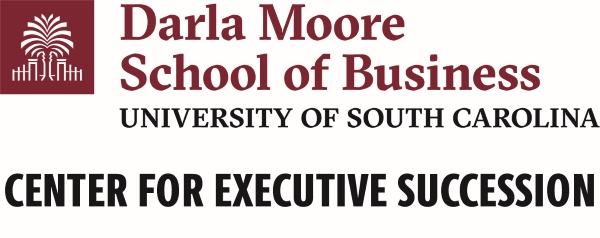Document Type
Report
Abstract
There has been incredible momentum in recent years for the expectation that major companies should be attentive to and deliver results on Environmental, Social, and Governance (ESG) issues. For their part, companies and their executive leadership teams (ELTs) seem responsive to these expectations, developing ESG strategies and devoting resources to making progress in these areas. Perhaps the most notable commitment along these lines came in 2019, when the Business Roundtable (BRT) issued a statement to “redefine the purpose of a corporation” to focus on all stakeholders rather than be predominantly centered on shareholders. Much of the conversation around corporations in the years since, through the pandemic, George Floyd’s murder, growing climate concerns, and more, has only accelerated the focus on ESG. Given these developments, we asked CHROs a series of ESG-related questions intended to gather insight into how their ELTs’ time and attention devoted to stakeholder issues is changing and on what activities they are spending that time. The majority of CHROs report an increase in their ELT’s time devoted to non-shareholder stakeholders in recent years, exemplifying the principles of the BRT statement. In other words, the CHROs we heard from broadly feel, on average, as though the BRT statement is a reality in their ELTs and at their companies. Our respondents also report a substantial variety of initiatives their ELTs are currently engaged in for each of the environmental, social, and governance domains. Perhaps unsurprisingly, emissions reduction and diversity, equity, and inclusion (DEI) dominated the responses in the environmental and social categories, respectively, with over 80% of CHROs citing their company’s efforts in these areas. But underneath those headliners was an assortment of initiatives on a wide range of ESG issues that ELTs are committed to making a positive impact. An interesting pattern of relationships emerged between these initiatives and the CHROs’ ratings of their company’s environmental, social, and employee-focused performance relative to their closest competitors. The category of environmental initiatives that was most strongly related to environmental performance was those seeking to address grand societal challenges, whereas those focused on internal capabilities and waste reduction were actually negatively related. These relationships suggest that CHROs of companies thinking (and acting) more broadly in their environmental initiatives are more optimistic about their company’s environmental impact. 4 HR@MOORE | sc.edu/moore/ces The relationships in the social domain were even more striking. Employee focused initiatives (e.g., DEI, employee engagement, safety) were only weakly related to CHRO ratings of the company’s performance in “attracting and retaining key employees” but were all negatively related to the ratings of social performance. In contrast, externally focused initiatives (e.g., community engagement, racial justice, community workforce development) were far more strongly related to CHRO ratings of company social performance and the company’s ability to attract and retain employees. These findings suggest there may be more “win-wins” created through social initiatives that seek to make an impact outside the company compared to those that are strictly focused on supporting employees. For this report, and as part of the 2022 HR@Moore Survey of Chief Human Resource Officers, we gathered information about the time and attention ELTs are paying towards ESG issues and the specific ESG initiatives occupying their time. We received responses on these items from 107 CHROs. We also asked CHROs for assessments of their company’s performance along a variety of dimensions relevant to ESG to provide further analysis on the connection between ESG initiatives and company impact.
Publication Date
2022
Disciplines
Business
Copyright
© 2022, University of South Carolina
Publication Info
2022.


